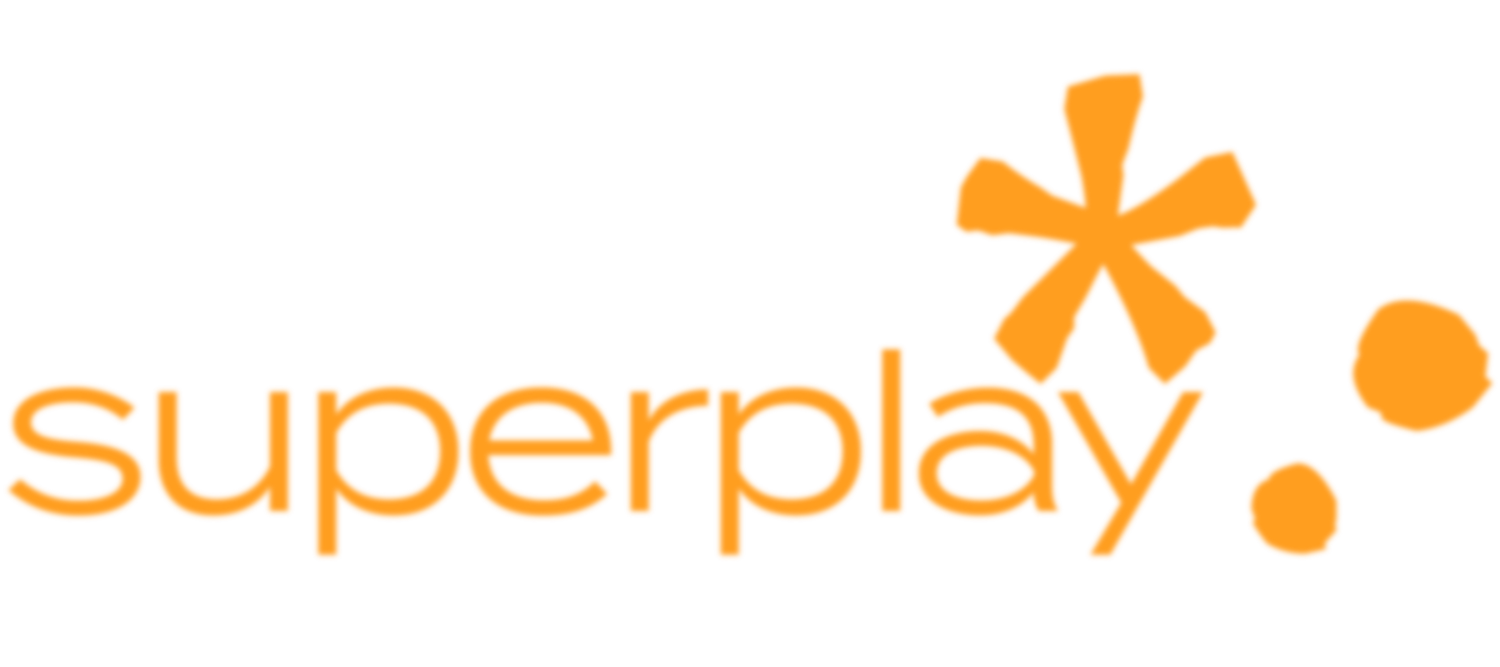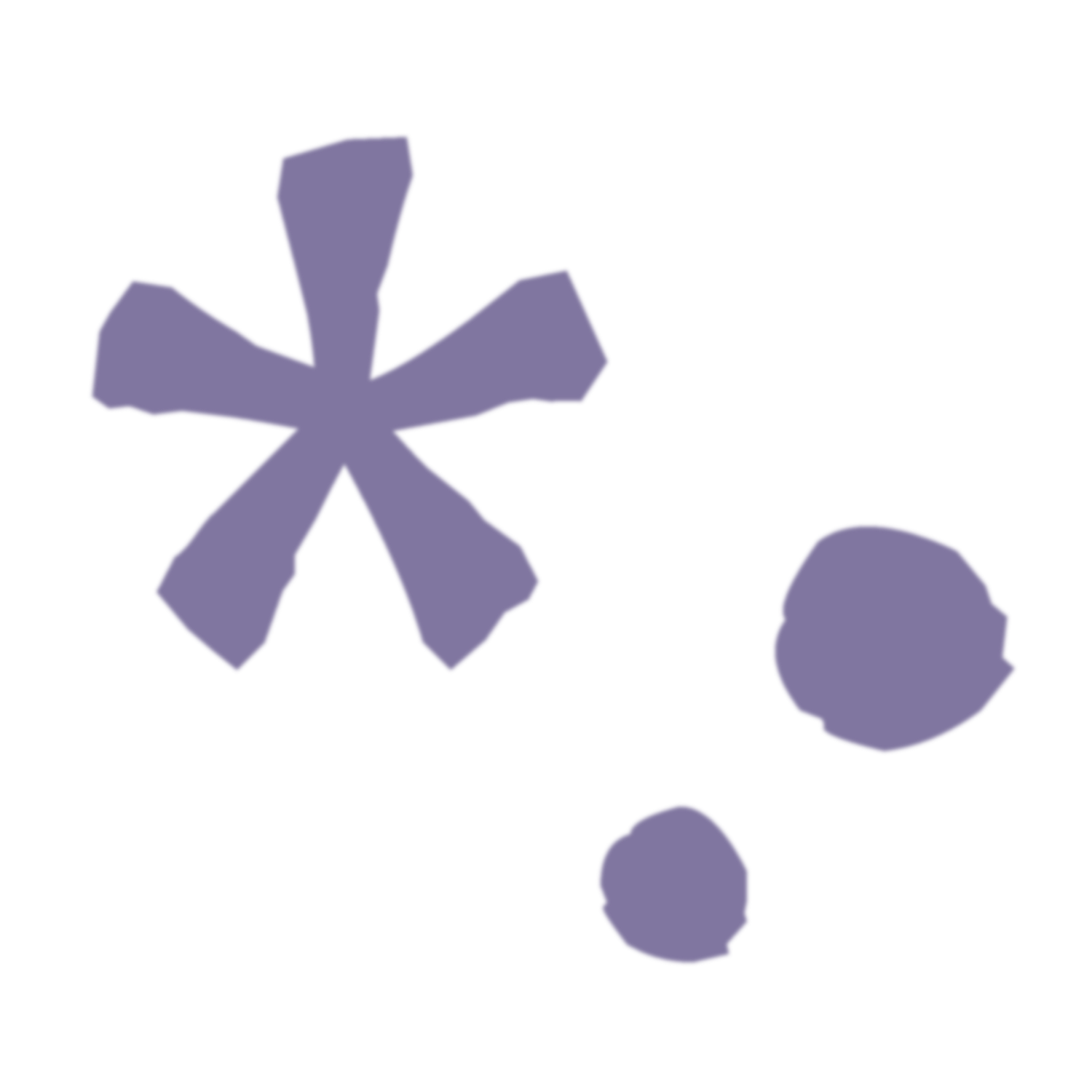Across The Mediascape
“How you respond to posts and engage with people and websites is the most valuable information for the digital economy.”
Every day we awaken to some article describing to us how corporations are commodifying every aspect of life, the institutions which govern us are corrupt, and the ‘bad guys’ are ’winning’?
Consuming this as a civilization is paralyzing... How can I possibly make sense of everything? What action should we take collectively? Why is my great aunt sharing Facebook infographics claiming an elite satanic pedophile group is causing all these problems?
Here at Dated, we are taking initiatives to help guide our audience to be able to critically assess the exponentially transforming terrains of the deep corners of the internet by promoting media literacy as a tech-conscious skill.
Just like any other form of literacy, becoming media literate is to basically become aware of the deeper inner workings far beneath the surface level of the message or medium.
Seeding discernment, noticing behavioral patterns, and minimizing as much anxiety as possible when we explore the oasis of the internet is how we believe we can empower the collective to not only respond to global events but to become aware of our internal frameworks.
As the world bunkered away in efforts to curb the spread of COVID-19, a majority of the global population escaped the discomfort of isolation by consuming social media in heavy amounts.
Turning to our smartphones to evade (yet make sense of) reality during an issue as globalized as COVID-19, palpable across every continent, has exacerbated the negative psychosocial consequences associated with the severe use of social media and the internet.
In our own unique informational ecosystem manufactured by Big Data, our understanding of reality is increasingly becoming modeled upon the manipulation by various actors to create individual realities that polarize us further from each other. Not only was the world startled with a pandemic, but the destructive combination of more time spent at home engaging in social media, a global sense of insecurity, and access to alternative forms of non-traditional media have consequently fuelled an ‘infodemic’ of misinformation and disinformation widely spread across the public.
Studies reveal that the engagement with deceptive articles increased by 242% between the third quarter of 2016 and the third quarter of 2020. The more time I spent consuming various forms of media on my phone and the internet, the more I became interested in the engagement of netizens discussing grand challenges, the spread of disinformation, the role media has on our political and social discourse, and the behavioral changes I noticed within myself and peers.
My campaign for media literacy began as a philosophical wrangle with myself involving the concept of ‘truth’. When I began to discuss large issues while citing news articles and referencing quotes, it became overwhelmingly apparent that reality does not operate in a binary function of true vs false, yet this was the three-beat mantra I felt entitled to spread my political and social ideals on. I noticed a sort of frustration arise when others wouldn’t observe the ‘reality’ I was exposed to by the media tailored specifically for my individual experience.
Within a few years into my international relations degree at Swinburne University in Melbourne, I was introduced to the idea of semiotics that brings into scope the complexity of language, meanings, interpretation, and its intersection with our culture and society. Combining this with the contemporary landscape of media drew me into the search for a deeper understanding of how we interact with this rapidly evolving relationship. The past two years at university have materialized my investigation on the reality of ‘truth’, and media is a significant convergence between us and the grand picture.
“Data is the oil of the 21st century”
To begin this journey of understanding how social media has become an instrument of manipulation, we must remember this quote as told by Siemens CEO, Joe Kaeser. A turning point of the 21st century is the corporate colonization over the free raw data material which is commodified into behavioral data. Experts suggest this is the “fourth industrial revolution”, where our basic social and communicative functions become quantifiable data which makes human behavior more predictable and less risky for the markets.
When analytical companies have unregulated access to personal information that users unwittingly surrender through digital technology such as social media and online shopping services, for example, analysts can produce psychographic profiles of users from this harvested data.
How you respond to posts and engage with people and websites is the most valuable information for the digital economy. With advanced profiles of users, social media outlets are then able to curate an online world tailored specifically for you using algorithms to view advertisements and content, boosting the social media's long-term profitability.
One manifestation of this business model is behavioral manipulation which is essentially modifying the entire global populations' psychology to become increasingly addicted to social media. Shoshana Zuboff, author of Surveillance Capitalism posits the term “Instrumentarian power” to describe this takeover of technology and social media to manipulate the public in “subtle yet effective ways” to meet the economic and political goals set forth by governments and corporations. This form of exploitation of our data is where we become incredibly vulnerable in the face of Big Tech.
Should we be afraid?
Radical social, cultural, economic, and political changes sparked by technological development are hardly a new phenomenon. Like any other rapid expansion of technology, humans have coevolved with technology as we are reflexive beings driven by the pursuit to augment our conditions. Disruptions to the organization of society and imbalances of power regularly occur as the symbiosis of society and technology hurdle the human civilization forward.
Our goal at Dated is to make conscious of the relationship we share with digital technology and media and ourselves. Between the network and the node. Becoming acquainted with the multiple lenses to view the digital world through to help explain why we are experiencing these radical transformations of society is what we hope to guide you with. To be able to cultivate the tools and knowledge to respond to our conditions creatively.



